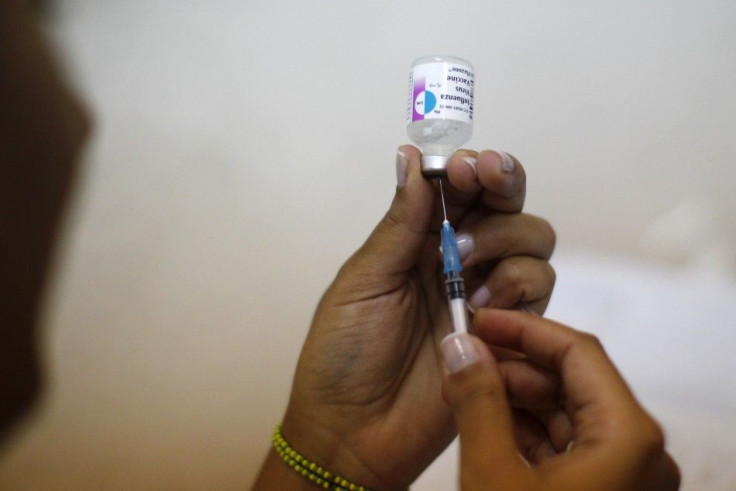Major drug companies cut vaccine prices in developing countries

A group of major western pharmaceutical companies announced that they will significantly reduce the prices they charge for vaccines in the developing world.
Merck & Co. (NYSE: MRK), GlaxoSmithKline plc (NYSE: GSK), Johnson & Johnson (NYSE: JNJ) and Sanofi-Aventis (NYSE: SNY) have all agreed to cut prices through the Global Alliance for Vaccines and Immunization (GAVI).
GAVI is a public-private partnership that seeks to finance vaccination programs in the developing countries. It was established by Microsoft founder Bill Gates.
Specifically, GSK will lower the price of its vaccine for rotavirus by two-thirds to $2.50 per dose in developing countries.
Rotavirus-related diarrhea is estimated to kill more than 500,000 children a year.
To compensate, GSK will charge higher prices for the vaccine in the wealthier countries. According to reports, in the U.S., the rotavirus vaccine cost $50.
I hope this will enable millions of children to receive this vaccine, GSK chief executive, Andrew Witty, wrote in the Times of London.
Importantly, this offer is sustainable, because we are recouping the cost of goods and manufacture.
Merck will offer its own rotavirus vaccine for $5 a dose, then further reduce it to $3.50 after it sells more than 30 million doses.
Two Indian drug companies, Serum Institute and Panacea Biotec, will cut the prices they charge for pentavalent vaccines, which defend against diphtheria, tetanus, pertussis, hepatitis B and Haemophilus influenzae type B (all of which are fatal diseases).
GSK also said it is near completion on a vaccine for malaria – a disease which is unknown in the West.
What we need is a return to invest in the next generation of new vaccines and drugs and that has to come from the profits of the medicines or the vaccines, Witty told BBC.
But it's obvious that if you're in Kenya or a slum in Malawi or somewhere like that there is no capacity for those people to contribute to it, so they have to be helped out by the contribution from the middle and the richer [countries].
Meanwhile, GAVI – which is committed to saving millions of lives in the developing nations through the introduction of low-priced drugs – is facing a huge funding deficit and it seeking price cuts and donations.
GAVI still needs $3.7-billion in additional funding to meet the demand for vaccines in poor countries, Jamie Drummond, executive director of campaign group ONE, an anti-poverty group, told BBC.
The pricing commitments announced today help drive momentum, but GAVI's ambition to save four million lives in the next five years is only achievable if the international donor community steps up to the plate on 13 June [at a London vaccines pledging conference].
British Prime Minister David Cameron will attend that conference and will propose a plan to raise an additional £2.25-billion in global aid.
© Copyright IBTimes 2024. All rights reserved.





















